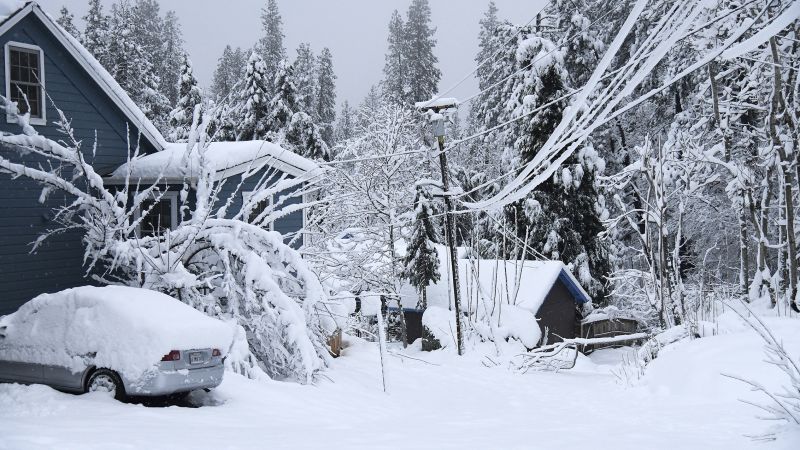nwdiver
Well-Known Member
Go ahead and miss me with that hashtag *sugar*.
Nope, what I’m saying is the way to bring attention to and get people working toward fighting climate change is not through illegitimate events or occurrences.
You want to convince the naysayers and the skeptics? Use actual evidence rather than events that occur for reasons that have very little to do with climate change.
??? Which if these has 'very little' to do with climate change?
-Fire in California … climate change
Warm air causes vegetation to dry faster... so... yeah... climate change.
-No rain in the southwest desert.. climate change
The poles are warming faster than the equator causing weather patterns to shift AND warm air dries out land faster... so... yeah... that's climate change.
California running out of water because of overpopulation? Nope it’s because of climate change!
Look at the Colorado river. Precipitation in the watershed is only down ~5% but river flow is down ~20%. Why? Because water evaporates faster with warmer air. Physics. Climate Change.
-too hot? Climate change
Yep. Average global temps are rising. Climate Change
-Too cold? Climate change!
Yep. The jet stream divides the cold polar air from the warmer equatorial air. The stronger the jet stream the straighter it is and the farther north the colder air stays. That strength is driven by the difference in temperature between the pole and the equator. As the poles warm faster than the equator the jet stream gets weaker and wavier allowing cold air to dip farther south than has ever been possible. Climate Change.
Fools fuel is like many other harmful addictions... the symptoms are wide and varied.





